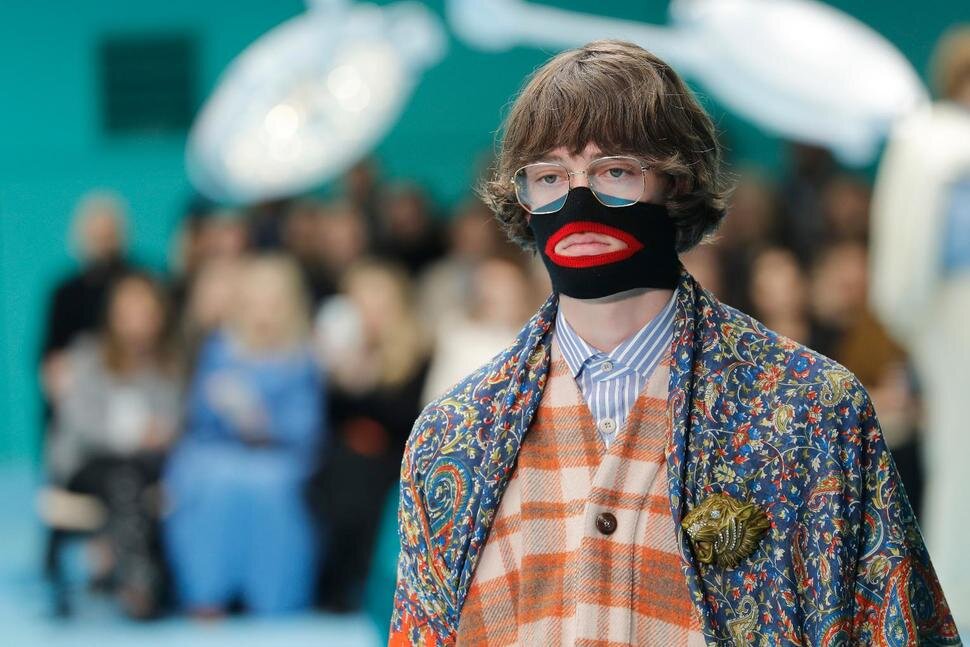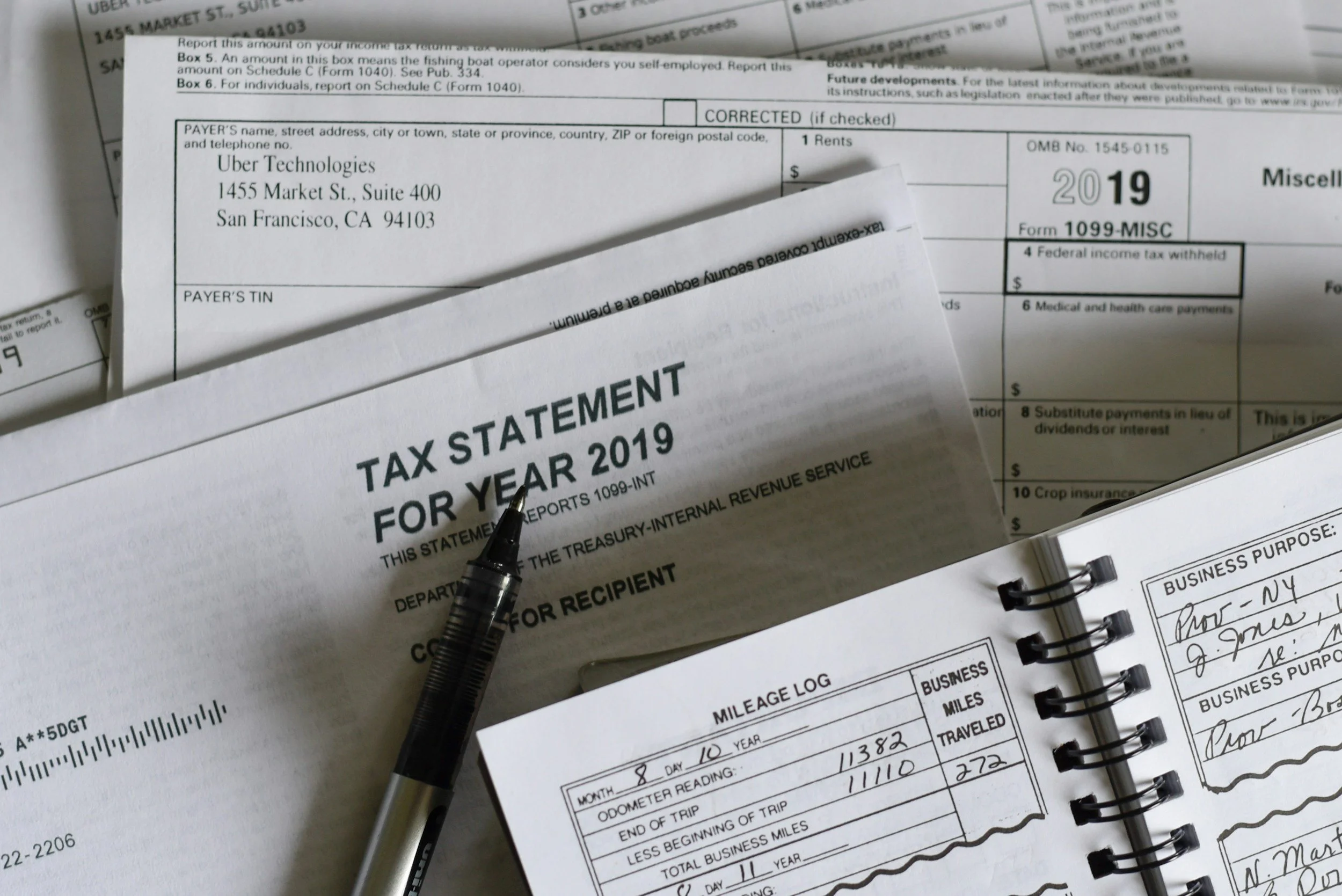Keep That Same Energy: Can Cancel Culture Confront Climate Change ???
Harmony Korine/Gucci
Written by Cassell Ferere in partnership with Kulture Hub
Joaquin Phoenix stated in his recent Oscars acceptance speech,
“I’ve been a scoundrel in my life. I’ve been selfish. I’ve been cruel at times, hard to work with, and ungrateful, but so many of you in this room have given me a second chance. And I think that’s when we’re at our best — when we support each other. Not when we cancel each other out for past mistakes but when we help each other to grow, when we educate each other, when we guide each other toward redemption: That is the best of humanity.”
What world do we live in where Climate Change and Cancel Culture haven’t met yet?
Consider this an interpretation of how and why.
2020 should be the year we hear from Cancel Culture on Climate Change. Regional climate patterns are shifting. Sustainability is of great concern amongst most.
Carbon emissions are harming our atmosphere. The textile industry is a significant polluter, including manufacturing, transportation, and production of crops and other materials, making it a top-three polluter. There is no way to quantify how much co2 emissions each one of those emits. The best ethical practices for a better tomorrow are being implemented when and where convenient.
No One Man Has All The Power
billboard
The main thing with “Cancel Culture” is its ability to negate the support of a person, brand or product due to its insensitivities of a particular problem or an unacceptable issue.
Celebrities from Katy Perry, to Joaquin Phoenix, have experienced this. Even Kevin Hart felt the pressures of cancel culture, by the public and The Academy, an organization that awards culture. Unless culture hits back; #oscarsallwhite.
Cancel culture energy could be anything from not purchasing from a particular store to refusing to continue patronage of a brand entirely. Making so much noise on the internet, the associations of these brands or people are disconnected and have adverse effects.
We may think it’s that simple to force the hand of who or what we’d like to cancel. In reality, nothing happens but a shift in the dollar – in most cases. The things we want to boycott remain in existence, in an alternate universe just waiting for you to find your way back.
All The Wrongs
US News
It has been unacceptable for some time now that the fashion industry neglects the environment, exploits natural resources, and destroys our ecosystems in the process. Qualities that resemble car and chemical companies in ways we are all too familiar with.
A lack of empathy for the planet and similarly for the people and cultures that inhabit it. Adding to insult, are brands within the fashion industry appropriating culture in insensitive ways.
To appropriate any culture is insensitive. But the cancel culture reaches for these issues and things change. But, what doesn’t? The fact that these brands still have an accord with customers – those who have or should be offended tend to stay invested.
Fire At Your Feet
Freshly Brewed
When it comes to climate and fashion, it’s clear that there is a crisis because cancel culture energy hasn’t fully used its power to make an imminent change within the industry.
Besides backlash for what is thought to be ethnic and cultural empathy when brands think they hit the mark (not), we don’t seem to “cancel” these brands like the celebrities.
The human spirit suffers a great deal while we sit and figure who to point the finger at Burberry, Prada, Gucci, Moncler or H&M. We can burn our Nike’s in protest of the most prolific protestor of our time, or boycott Gucci linens at the record label brunch. We could also burn our Gucci while we’re at it, like David Bastiananti did when Gucci co-signed blackface within their designs.
We overreact when racially charged by fashion and make reservations when we know brands are being bad to the environment. We all share the values of the environment whether we think so or not.
Who Wants Smoke?
The Guardian
Fashion covers industries from agriculture to animal agriculture, where we get our cotton and wool sweaters. Petroleum is used for shipping as well as to make polyester and other synthetic materials.
Metals and stones use significant energy to mine, and like petroleum, tear up landscapes and ecosystems. Even construction is considered when new stores set up shop in your city.
Selective in this area, not to change too much of what we are already used to. The victims of cancel culture tend to be mostly celebrities of high stature, rightfully so if power is misused. We see them and they are easy targets so we are critical of there existence. Arguing for them to be role models in the ways that we think they should be.
Huck Mag
If we knew which of our favorite brands are connected to the bigger issues of climate change and in the specific ways they have impacts, would we treat them the same?
The answer would be indirect in that one brand can have a production reach in multiple countries with very different laws and regulations for manufacturing. We are intently subject to this system.
Unnatural Resources
You can feel the difference in organic cotton from the average cotton, but the fact is there are harmful effects of both that can be resolved by the demand from the consumer.
Organic is slower but harms viable soil and limits its life to produce other crops. Regular cotton is just as bad. WHY? The pesticides and other chemicals used harm soil and the ecosystem.
The UN reported that 51 trillion microplastics are littering the sea and brands like Adidas and ROXY have capitalized making products from earth's newest natural resource for plastic – the ocean (DJ Khalid voice).
Josie Kerr [wearing ROXY tee and cap] and Ellie were forced to evacuate their home in Mallacoota. Justin McManus/The Age/Fairfax Media via Getty Images
We can assume that some of the recycling processes can be strenuous for some smaller brands, but can be sure they won't be shipping the same t-shirt to 750 stores around the world.
Demand from the consumer creates that model for bigger fashion brands, whether fast fashion or luxury.
"Let Them Fight"
This may be why larger corporations are immune. We love fashion so much we don’t intend to eliminate it. We hope the proper adjustments are made. In turn, we give the fashion industry a second chance at the least.
PETA got the fashion industry to stop making animal fur. Fashion started to acknowledge streetwear as a respected genre within. We made Victoria’s Secret cancel their famed runway show because of their apparent lack of diversity in body type.
Brands continue to exploit our environment and cultures, and Victoria’s Secret still makes fashionable lingerie. So did we have to shift the idea of an aspirational body type flaunting down a runway?
VS did make an effort but the loud whispers from the cancel culture section drove down ratings enough to stop the show for the masses who were fine with the changes made prior too.
Wild Wild Thoughts
As cancel culture lives ominously in the Twitter-verse (the internet), it is infamous for its negativity rather than constructive criticism. It’s a power than can be used for good – or of better use if it could deviate from its apparent selective nature.
Residents look on as flames burn through bush in Lake Tabourie, Australia, on January 4, 2020. Brett Hemmings/Getty Images
With forest fires raging in places like Australia and California, oceans filled with consumer plastics, and natural resources being depleted, like soil and acts of deforesting to create more croplands, we’ve reached the brink.
Protesters often express our deepest concerns and worries for the unprotected. Still, the protests fall short of what cancel culture has done to some individuals and brands in recent history. It is only right we challenge ourselves to force the hands of the fashion industry by keeping that same energy about climate as we do our celebrities.
Comment and let us know what’s on your PAGE.
Featured








![Josie Kerr [wearing ROXY tee and cap] and Ellie were forced to evacuate their home in Mallacoota. Justin McManus/The Age/Fairfax Media via Getty Images](https://images.squarespace-cdn.com/content/v1/5cd2555994d71a16b3b6ffc1/1582060615025-7SLJ1BK7AGZ40B1UWEXL/Vox_GettyImages_1191554963x.jpg)







When investing in quartz countertops, choosing the right warranty and care package is just as important as selecting the color and finish.